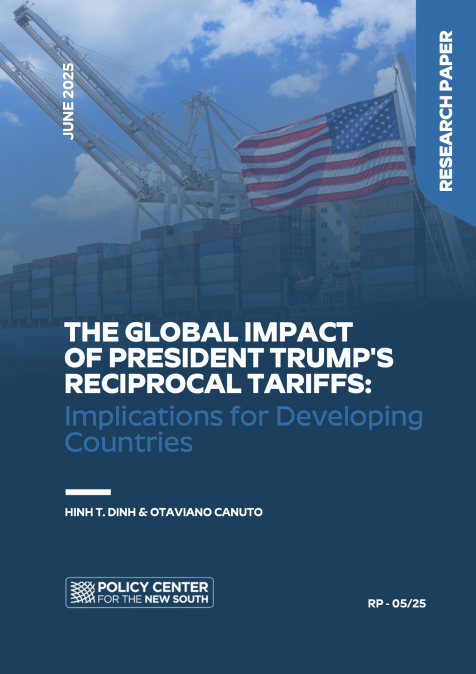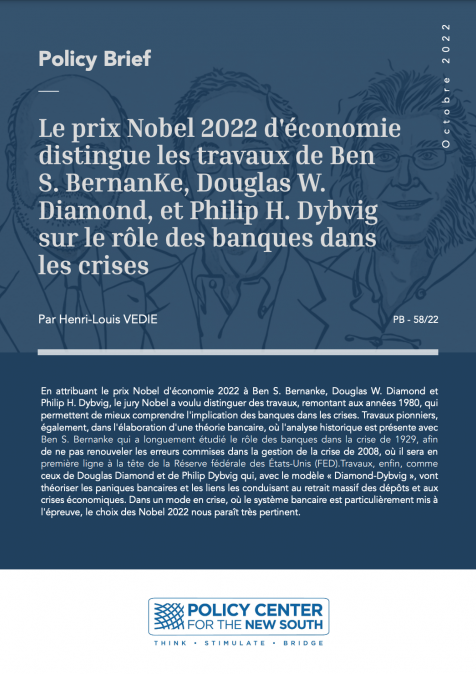Publications /
Policy Paper
The current banking crisis in the United States began with the Silicon Valley Bank (SVB) run in March 2023 and was followed by other bank failures, raising concerns about the health and stability of the financial sector. This Policy Paper traces the root causes of these bank failures and examines the U.S. monetary policy decisions during this period. These bank failures were caused by the poor risk management practices of the failed banks, the sector’s weak regulatory structure, and the failure of bank supervisors. However, a key factor that contributed to the extent and speed of the current bank crisis is the U.S.
Federal Reserve’s (Fed) actions. The Fed's decisions to keep zero or near-zero interest rates over the long period of 2009-2022, to continue with the zero-reserve requirement for banks after the pandemic, and to delay raising the Federal Funds rate in 2021, despite emerging inflationary signs, have contributed to the risk-taking behavior of the banks and to the current banking crisis. The Fed's decision in 2021 also diverged from Taylor rule prescriptions, which it had adhered to since 1995. Given the long lag between Fed decisions and actual results on the ground, a question may be asked if it is time to go back and rely more on rules-based monetary policy, as Milton Friedman (1968) suggested over half a century ago.











